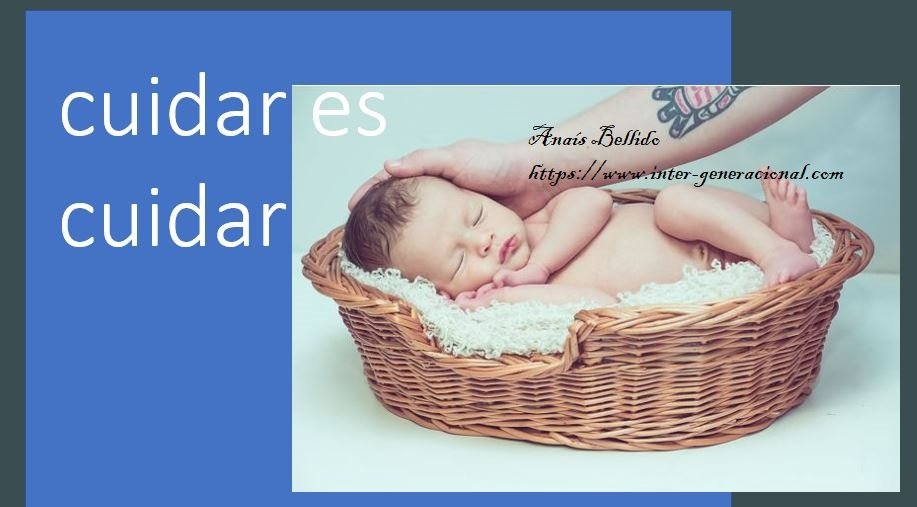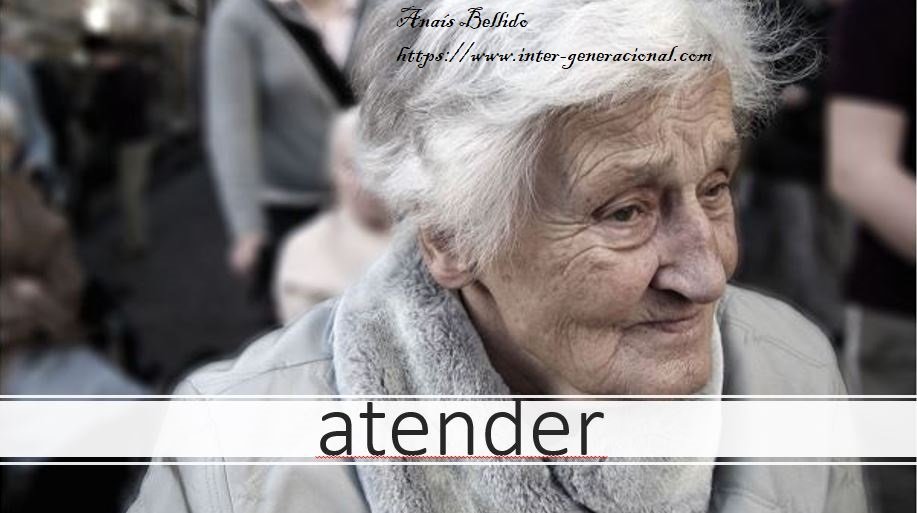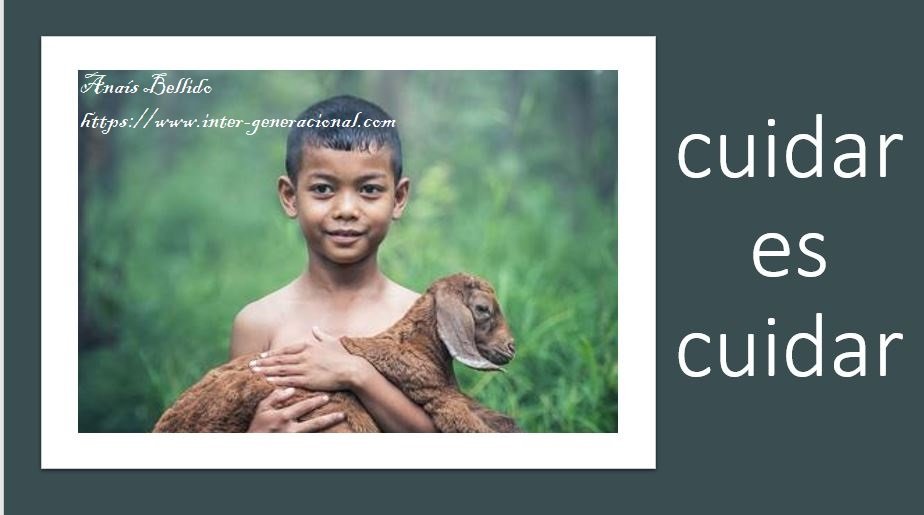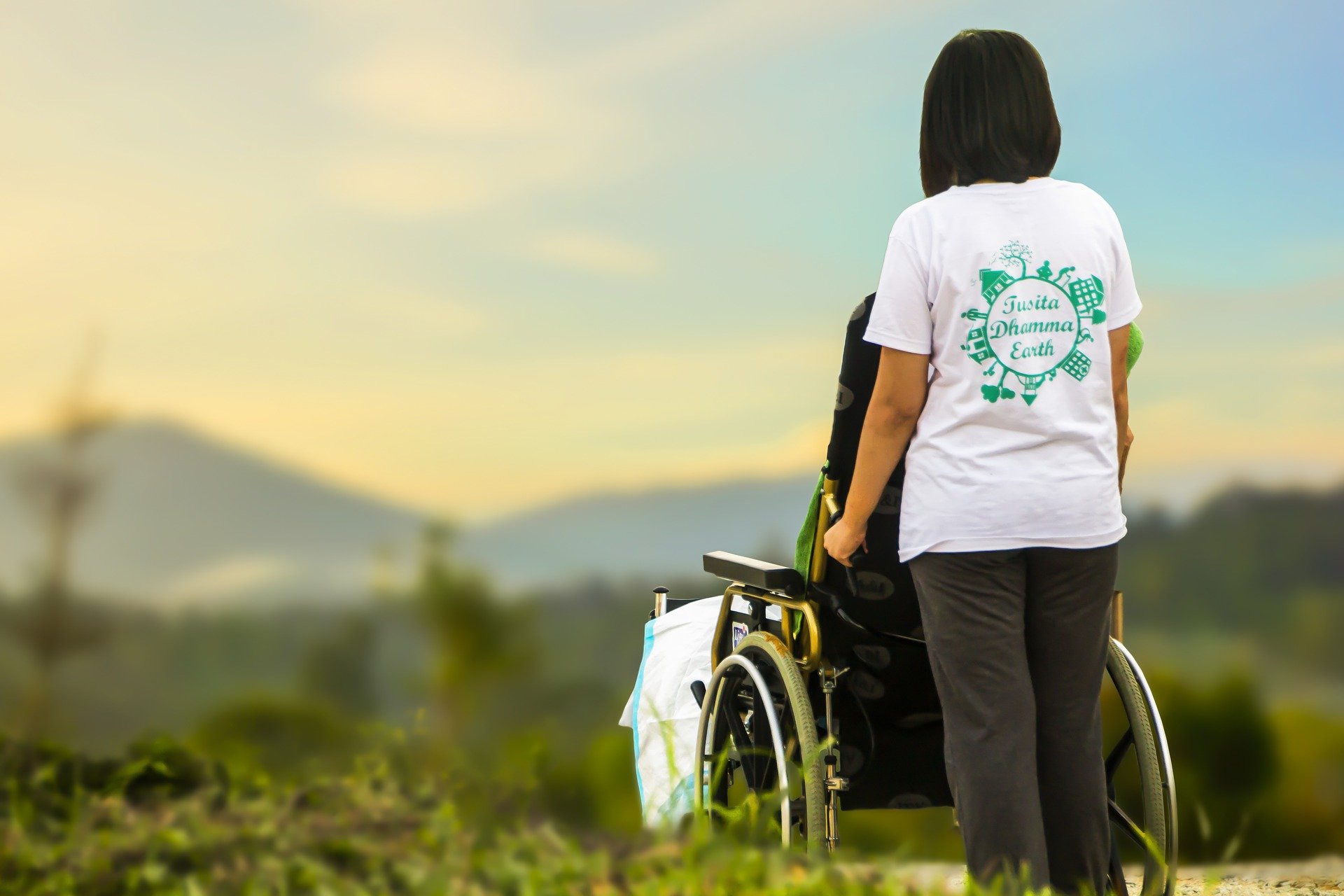Las consecuencias de cuidar
 Me gustan los libros de personas que hacen cosas que el resto de nosotros en nuestra cultura occidental calificaríamos de "locura". Como bajar el Amazonas a nado o dar la vuelta al mundo, en solitario y a pie, por el círculo polar. Hay "locos" que hacen esas cosas y no sólo sobreviven sino que "viven" de ello. Estos ejemplos son retos que ha llevado a cabo Mike Horn, uno de los exploradores modernos más conocidos del mundo. Pero lo que poca gente sabe es que él se vino abajo cuando perdió a quien era su apoyo, su agente logístico: su mujer falleció de cáncer tras años de vivir cual "sufridor en casa" las aventuras de su marido. Ella era la que se encargaba de arreglar los papeles ante las diferentes administraciones, la que llamaba a los técnicos del equipo para que fueran a arreglar el barco cuya quilla se había roto en el momento menos oportuno e incluso quien cocina las raciones hipercalóricas que luego envasaba al vacío para que su marido se las llevará al fin del mundo. En fin, que ya os hacéis una idea de su vida.
Me gustan los libros de personas que hacen cosas que el resto de nosotros en nuestra cultura occidental calificaríamos de "locura". Como bajar el Amazonas a nado o dar la vuelta al mundo, en solitario y a pie, por el círculo polar. Hay "locos" que hacen esas cosas y no sólo sobreviven sino que "viven" de ello. Estos ejemplos son retos que ha llevado a cabo Mike Horn, uno de los exploradores modernos más conocidos del mundo. Pero lo que poca gente sabe es que él se vino abajo cuando perdió a quien era su apoyo, su agente logístico: su mujer falleció de cáncer tras años de vivir cual "sufridor en casa" las aventuras de su marido. Ella era la que se encargaba de arreglar los papeles ante las diferentes administraciones, la que llamaba a los técnicos del equipo para que fueran a arreglar el barco cuya quilla se había roto en el momento menos oportuno e incluso quien cocina las raciones hipercalóricas que luego envasaba al vacío para que su marido se las llevará al fin del mundo. En fin, que ya os hacéis una idea de su vida.
Ahora acabo de descubrir una mujer cuya vida se parece mucho a la de Cathy Horn, pero con un salto mortal lateral respecto a la dificultad: Suzana Sabino, casada con un hombre que perdió los cuatro miembros en un accidente por electrocución y que se volvió famoso al lograr cruzar el canal de la Mancha...a nado. En vista que eso de vivir al límite le gustó, más tarde decidió que hacer el París Dakar era un reto hecho a su medida. Por tanto, si Cathy Horn se encargaba de la logística de las aventuras de su marido, la de Suzana Sabino ocupa todos los días del año, sin apenas tiempo para ella, pues aunque su marido es autónomo en muchas cosas, necesita ayuda para otras tareas cotidianas.
respecto a la dificultad: Suzana Sabino, casada con un hombre que perdió los cuatro miembros en un accidente por electrocución y que se volvió famoso al lograr cruzar el canal de la Mancha...a nado. En vista que eso de vivir al límite le gustó, más tarde decidió que hacer el París Dakar era un reto hecho a su medida. Por tanto, si Cathy Horn se encargaba de la logística de las aventuras de su marido, la de Suzana Sabino ocupa todos los días del año, sin apenas tiempo para ella, pues aunque su marido es autónomo en muchas cosas, necesita ayuda para otras tareas cotidianas.
¿Qué tiene que ver todo esto con lo Inter-generacional? Tiene que ver, por supuesto.
 Ya he explicado en otros artículos que estoy en la etapa sándwich, ocupándome de la generación de mis abuelos y de la de mi Lobato (más, ocasionalmente, mis Lobeznos). He contado también los equilibrios que debo hacer para cubrir las necesidades de unos y otros... pero cuidar es cuidar. Nunca insistiré bastante: la base de todo el sistema es el cuidador. ¿Sabíais que, con frecuencia, el cuidador acaba muriendo hasta 15 años antes de lo que le correspondería según su esperanza de vida? Afortunados somos aquellos que, como yo, podemos contar con ayuda (¿Qué sería de mí sin mi madre? Porque en realidad, somos las que vamos a dúo para sacar delante todas las intendencias).Sin llegar a la muerte, las consecuencias de una vida dedicada a los cuidados de los demás, a la larga, pasa factura: dolores musculares, tensiones, estrés, pérdida de apetito o al contrario, comer para llenar la sensación de vacío...o de agotamiento por no poder descansar lo suficiente, dejadez o descuido de nuestras propias necesidades, insomnio o trastornos del sueño, pérdida del contacto social, sacrificio laboral, rabia en algunas ocasiones por la sensación de sacrificio... La lista es larga. Con frecuencia, se descarga la responsabilidad de buscar ayuda en el propio cuidador. Pero, cuando las necesidades de la persona a la que se cuida parecen más urgentes. ¿Cómo no sentirse culpable por "abandonarle"?
Ya he explicado en otros artículos que estoy en la etapa sándwich, ocupándome de la generación de mis abuelos y de la de mi Lobato (más, ocasionalmente, mis Lobeznos). He contado también los equilibrios que debo hacer para cubrir las necesidades de unos y otros... pero cuidar es cuidar. Nunca insistiré bastante: la base de todo el sistema es el cuidador. ¿Sabíais que, con frecuencia, el cuidador acaba muriendo hasta 15 años antes de lo que le correspondería según su esperanza de vida? Afortunados somos aquellos que, como yo, podemos contar con ayuda (¿Qué sería de mí sin mi madre? Porque en realidad, somos las que vamos a dúo para sacar delante todas las intendencias).Sin llegar a la muerte, las consecuencias de una vida dedicada a los cuidados de los demás, a la larga, pasa factura: dolores musculares, tensiones, estrés, pérdida de apetito o al contrario, comer para llenar la sensación de vacío...o de agotamiento por no poder descansar lo suficiente, dejadez o descuido de nuestras propias necesidades, insomnio o trastornos del sueño, pérdida del contacto social, sacrificio laboral, rabia en algunas ocasiones por la sensación de sacrificio... La lista es larga. Con frecuencia, se descarga la responsabilidad de buscar ayuda en el propio cuidador. Pero, cuando las necesidades de la persona a la que se cuida parecen más urgentes. ¿Cómo no sentirse culpable por "abandonarle"?

I like books about people who do things that the rest of us in our Western culture would call " crazy. Like going down the Amazon to swimming or going around the world, alone and on foot, through the polar circle. There are " madmen " who do these things and not only survive but "live" from it. These examples are challenges carried out by Mike Horn, one of the world's best-known modern explorers. But what few people know is that he collapsed when he lost his support, his logistical agent: his wife died of cancer after years of "suffering at home" her husband's adventures. She was the one who was in charge of arranging the papers before the different administrations, the one who called the technicians of the team so that they went to fix the boat whose keel had broken at the least opportune moment and even the one who cooked the hypercaloric rations which she then vacuum-packed so that her husband would take them to the end of the world. Anyway, you've already got some idea of his life.
Now I have just discovered a woman whose life is very similar to Cathy Horn's, but with a lateral mortal leap regarding the difficulty: Suzana Sabino, married to a man who lost all four limbs in an electrocution accident and who became famous when he managed to cross the English Channel... swimming. Since he liked living on the edge, he later decided that doing the Paris Dakar rally was a challenge made for his measure. Therefore, if Cathy Horn was in charge of the logistics of her husband's adventures, Suzana Sabino's takes up every day of the year, with hardly any time for her, because although her husband is autonomous in many things, he needs help for other daily tasks.
What does all this have to do with intergenerational? It has to do, of course. I have already explained in other articles that I am in the sandwich stage, taking care of my grandparents' generation and my Lobato's one (adding, occasionally, my Lobeznos). I have also told about the balances that I must make to cover the needs of some and others... but to take care is to take care. I can never insist enough: the basis of the whole system is the caregiver. Did you know that the caregiver often ends up dying up to 15 years earlier than his or her life expectancy would be? Fortunate are those who, like me, can count on help (What would become of me without my mother? Because in reality, we are the ones who are going as a duo to get all the intendencies out in front).
Without reaching death, the consequences of a life dedicated to the care of others, in the long run, takes its toll: muscular pain, tension, stress, loss of appetite or on the contrary, eating to fill the feeling of emptiness ... or exhaustion by not being able to rest enough, neglect or neglect of our own needs, insomnia or sleep disorders, loss of social contact, sacrifice work, sometimes rage for the feeling of sacrifice ... The list is long. The responsibility for seeking help is often relieved on the caregiver himself. But when the needs of the person being cared for seem more urgent. How can one not feel guilty about "abandoning" him?